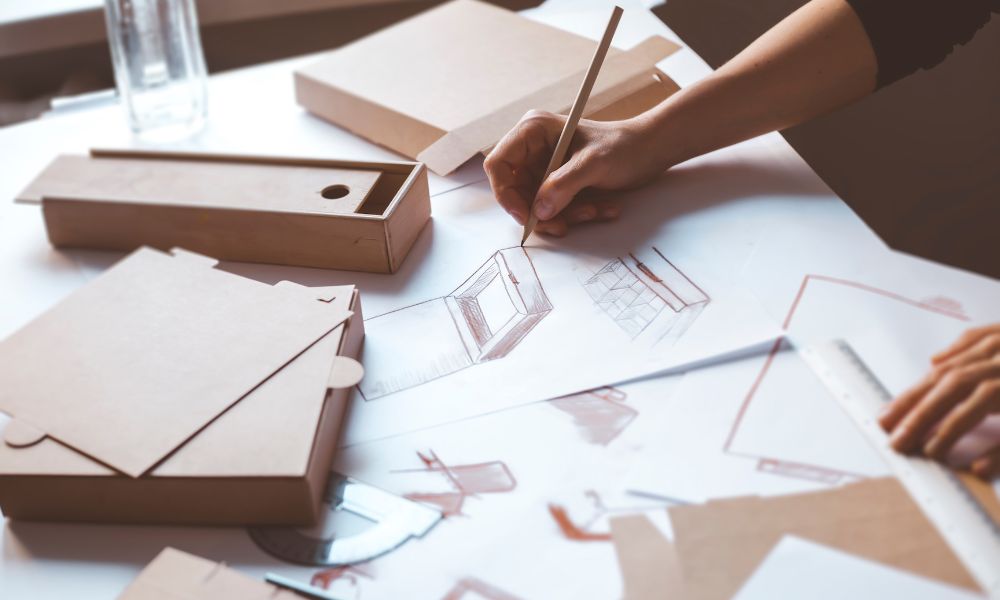All industrial facilities must abide by stringent health and safety guidelines. For instance, pharmaceutical facilities must be wary of contaminating the work space and, most importantly, the medicinal products moving through the area. Thankfully, you can optimize pharmaceutical productions to combat contamination by taking a few keys steps. Read this guide to learn three invaluable tips for preventing pharmaceutical cross contamination.
Enforce Applicable PPE
First, you should always ensure employees are wearing the proper personal protective equipment (PPE). The specific type of PPE necessary for the task at hand will vary from facility to facility, so make sure you supply employees with everything they need.
Misuse of PPE is an easy way to promote cross contamination, so you should never let employees skip this step of the process. Common forms of PPE that are beneficial to pharmaceutical processes include eye protection, masks, and gloves. Whichever PPE is necessary for your facility, enforce its use during daily operations. Furthermore, you should have backup PPE on standby if an employee finds signs of damage on their gloves or mask.
Prioritize Employee Training
Even if you have all the right materials on hand, reckless employee actions can result in cross contamination. To ensure employees properly handle materials and conduct operations, design a detailed training program. You should tailor this training to the specific tasks any given employee will be conducting. This isn’t just beneficial for new hires; longtime employees can sometimes benefit from a refresher training. Any employee can hone their skills and sharpen their knowledge. Simple mistakes can taint pharmaceuticals, but a good training program can prevent such situations.
Build a Quality Clean Room
One of the most important tips for preventing pharmaceutical cross contamination begins at the designing phase: build a good clean room. There are several factors to consider when you’re setting up a pharmaceutical clean room, so take your time refining any details during the designing phase. Working with a reliable fabricator can ensure you can custom-build a clean room to fit your specific needs. Ideally, you should work with a fabricator who has experience building clean room components. That way, you can avoid novice mistakes from hindering the design and promoting cross contamination.






